Co-Convenors
University of Florida, USA
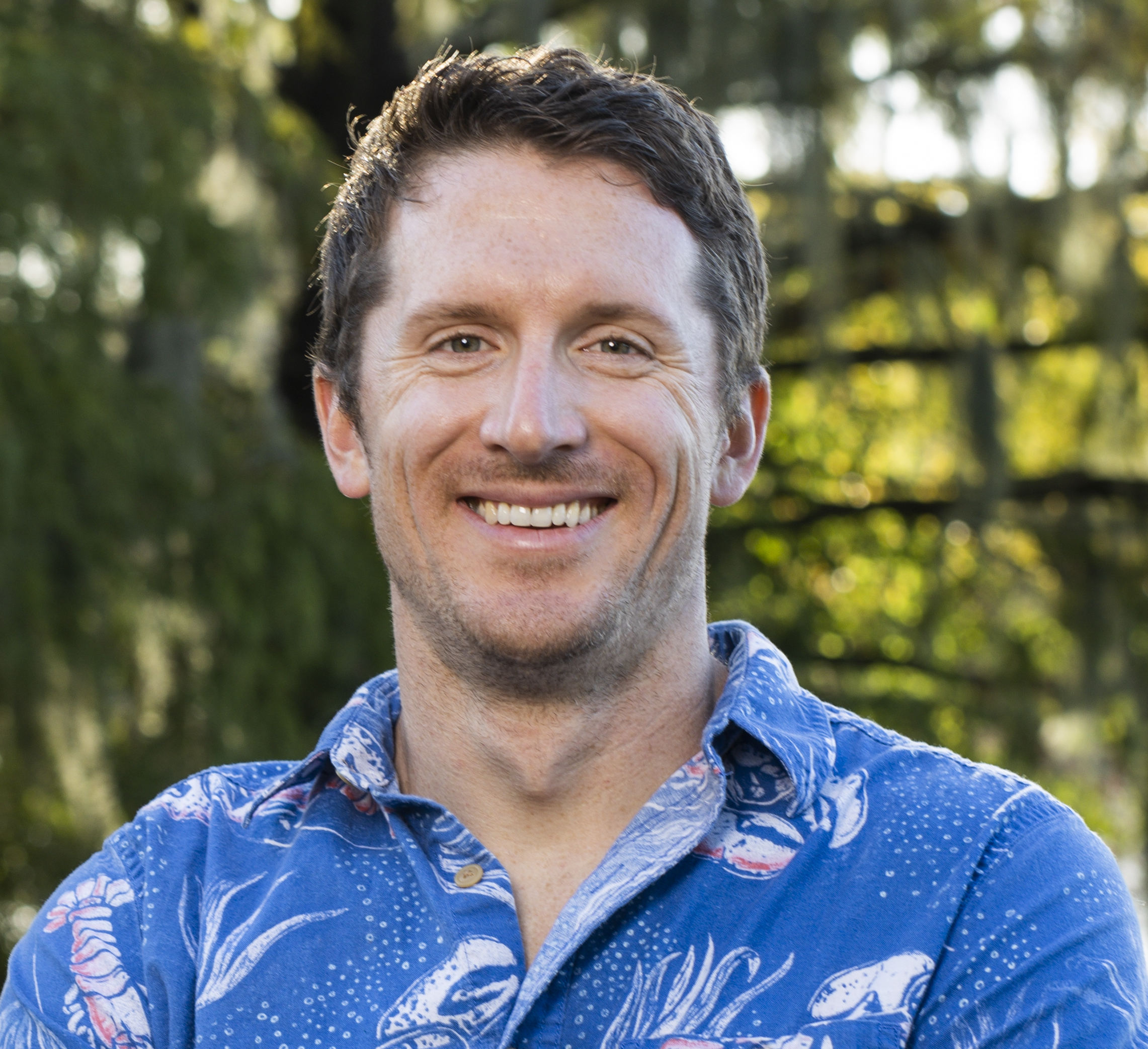
Brett Scheffers is an Associate Professor in the Department of Wildlife Ecology and Conservation at the University of Florida. Over the past 15 years, he has studied the ecology of species and habitats in tropical, temperate and boreal ecosystems.
Brett’s interests include multidimensional species distributions, canopy science, community assembly/disassembly, ecophysiology, ecological scaling rules, and thermal complexity of landscapes. He uses these concepts to assess species and habitat vulnerability and resilience under novel climates and human disturbances.
Florida Climate Institute, USA

Since 2009, she has coordinated several large research awards from the USDA, NSF, DoD, and private foundations. In addition to research management, she also leads the communications, strategic partnerships, program design and evaluation, and education initiatives for the institute.
Steering Committee
The University of British Columbia, Canada
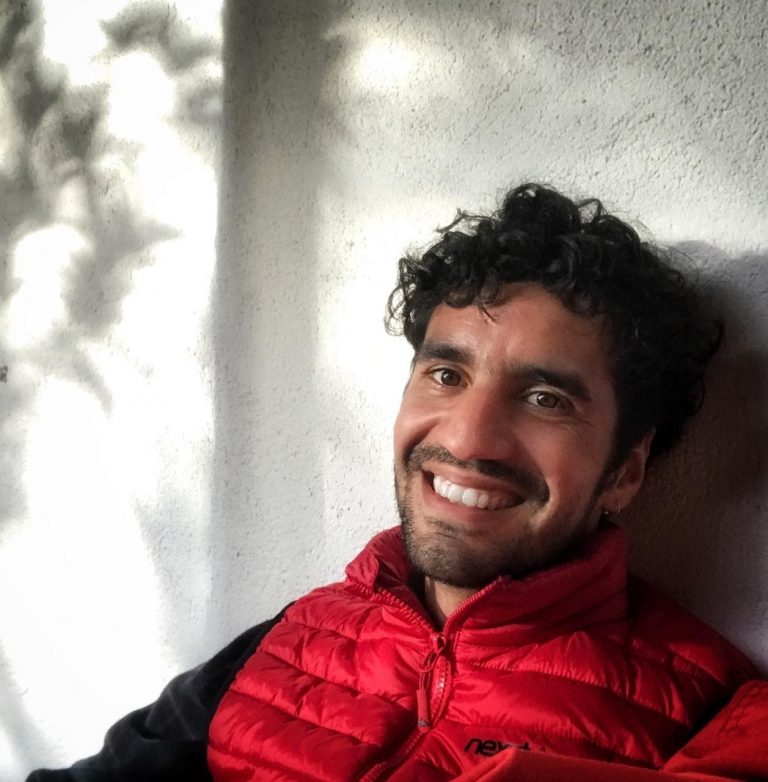
While Juliano’s research spans global to local studies, having been born in Brazil and raised in Mexico, he has a special interest in supporting marine research and governance in Latin America.
University of Florida, USA/South Africa
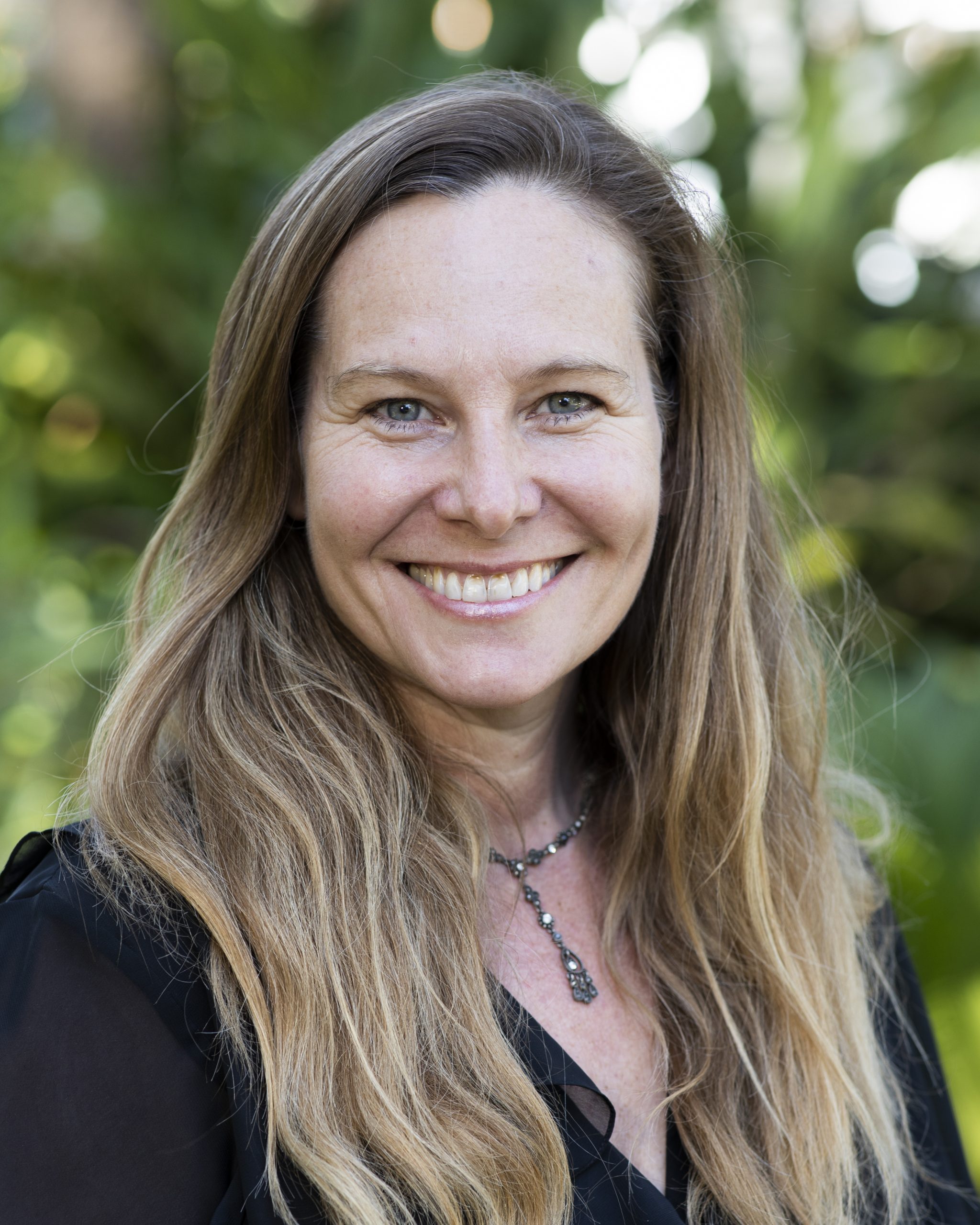
Illinois State University, USA/France
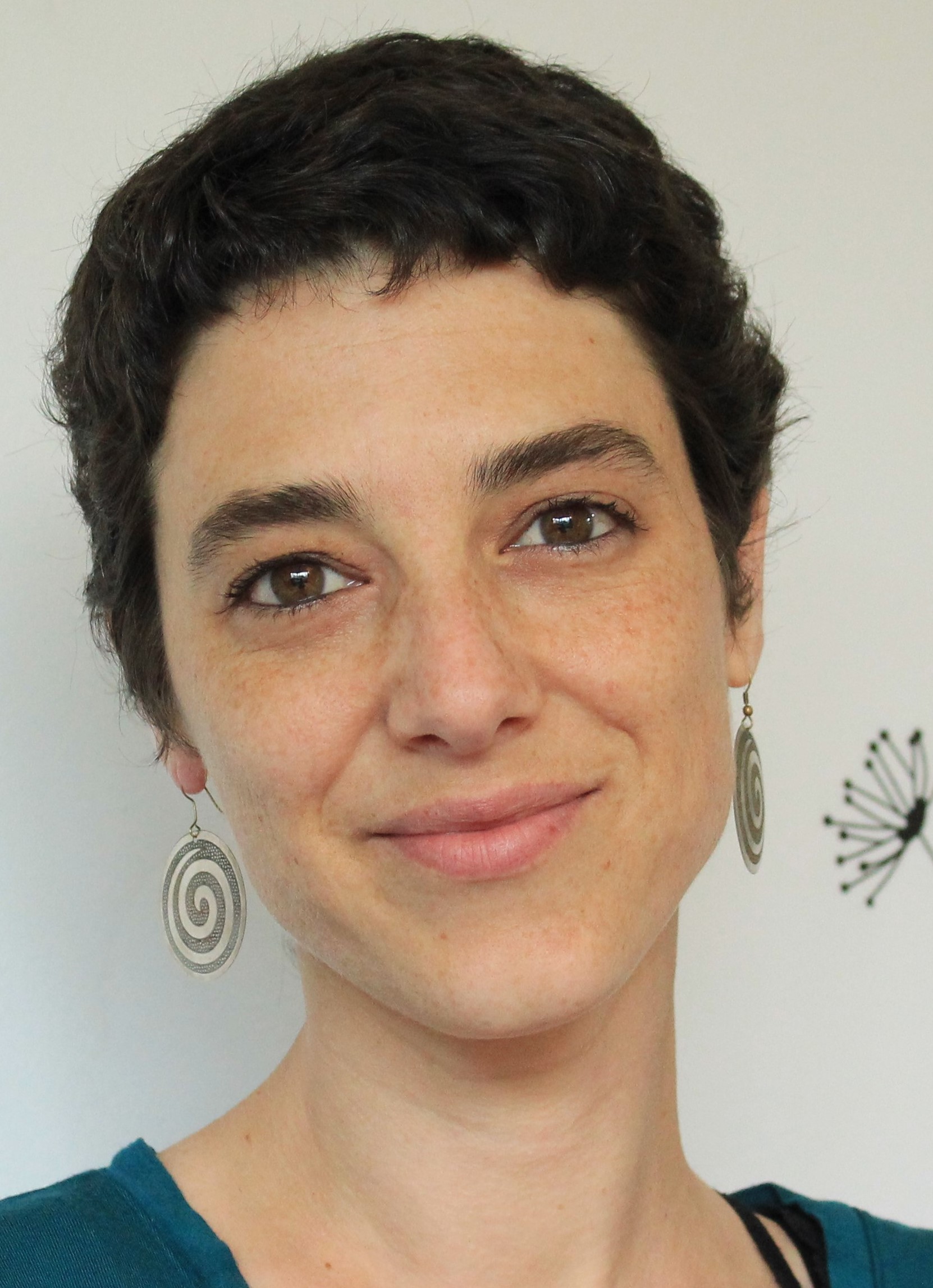
She is especially interested by the effects of contemporary climate change on freshwater organisms, with the goal of advancing the tools and knowledge to guide conservation strategies.
University of Sheffield, UK
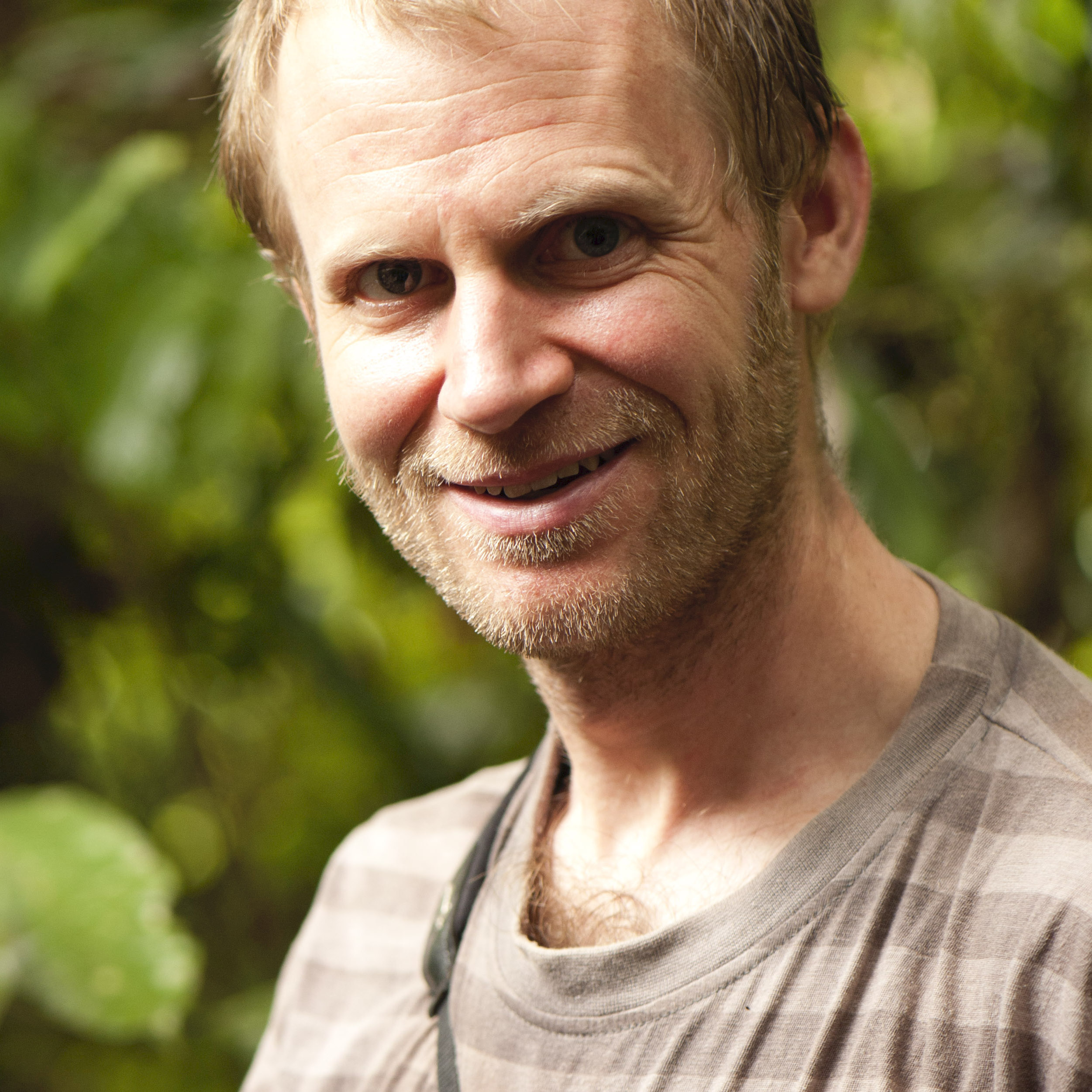
His research reveals the conservation value of degraded tropical forests and informs the development of more sustainable practices. David incorporates environmental economics and policy frameworks to identify cost-effective solutions to key drivers of the global biodiversity extinction crisis.
Umeå University, Sweden
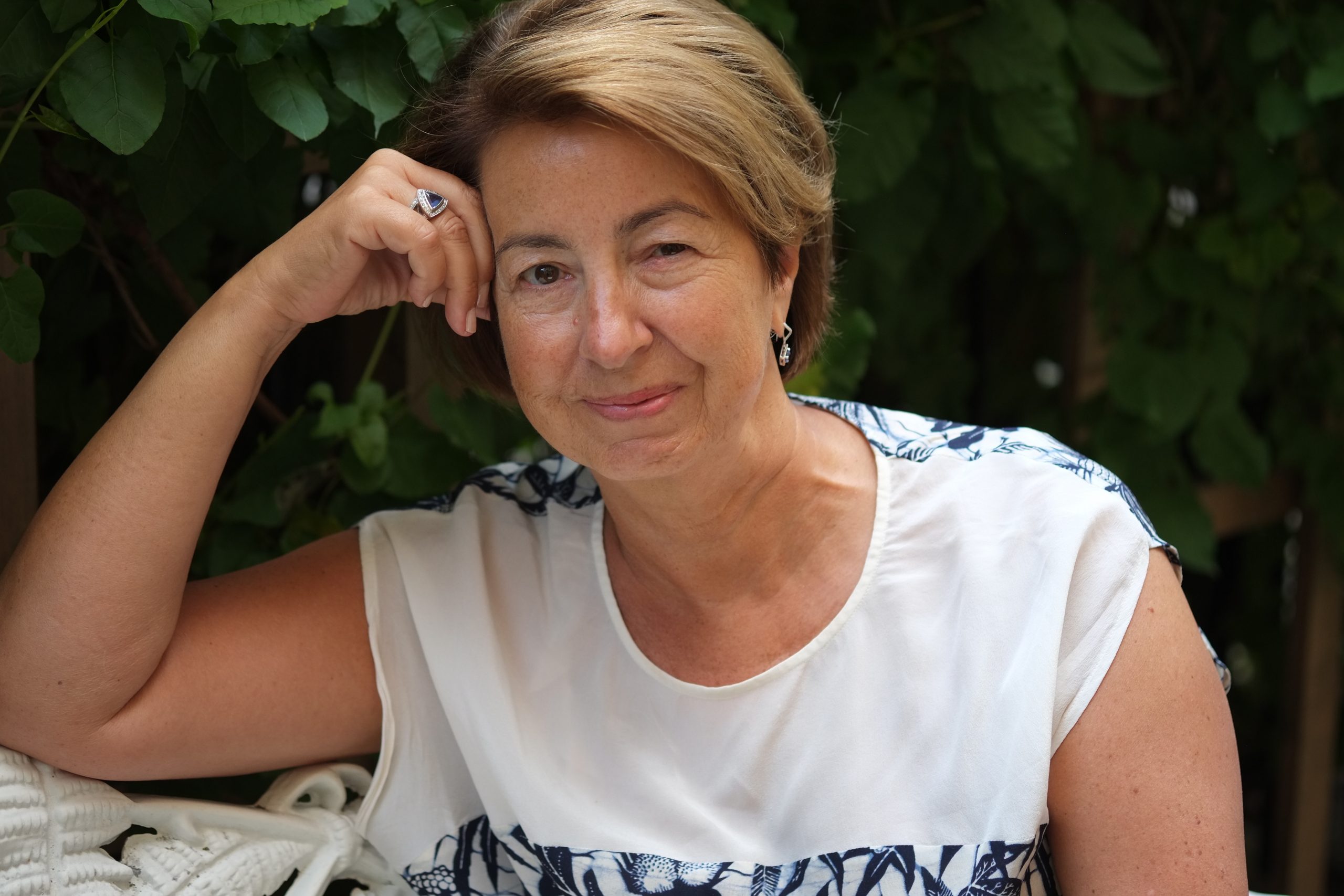
She is at present a member of the Lancet Commission for Health in the Arctic, the Executive board EU Polar-Net 2 and an AMAP/SDWG Health group in the Arctic Council. She is the author of 11 books, 22 bookchapters and more than 150 publications in peer-reviewed journals, citations more than 9.795, h-index 37.
University of Leeds, UK
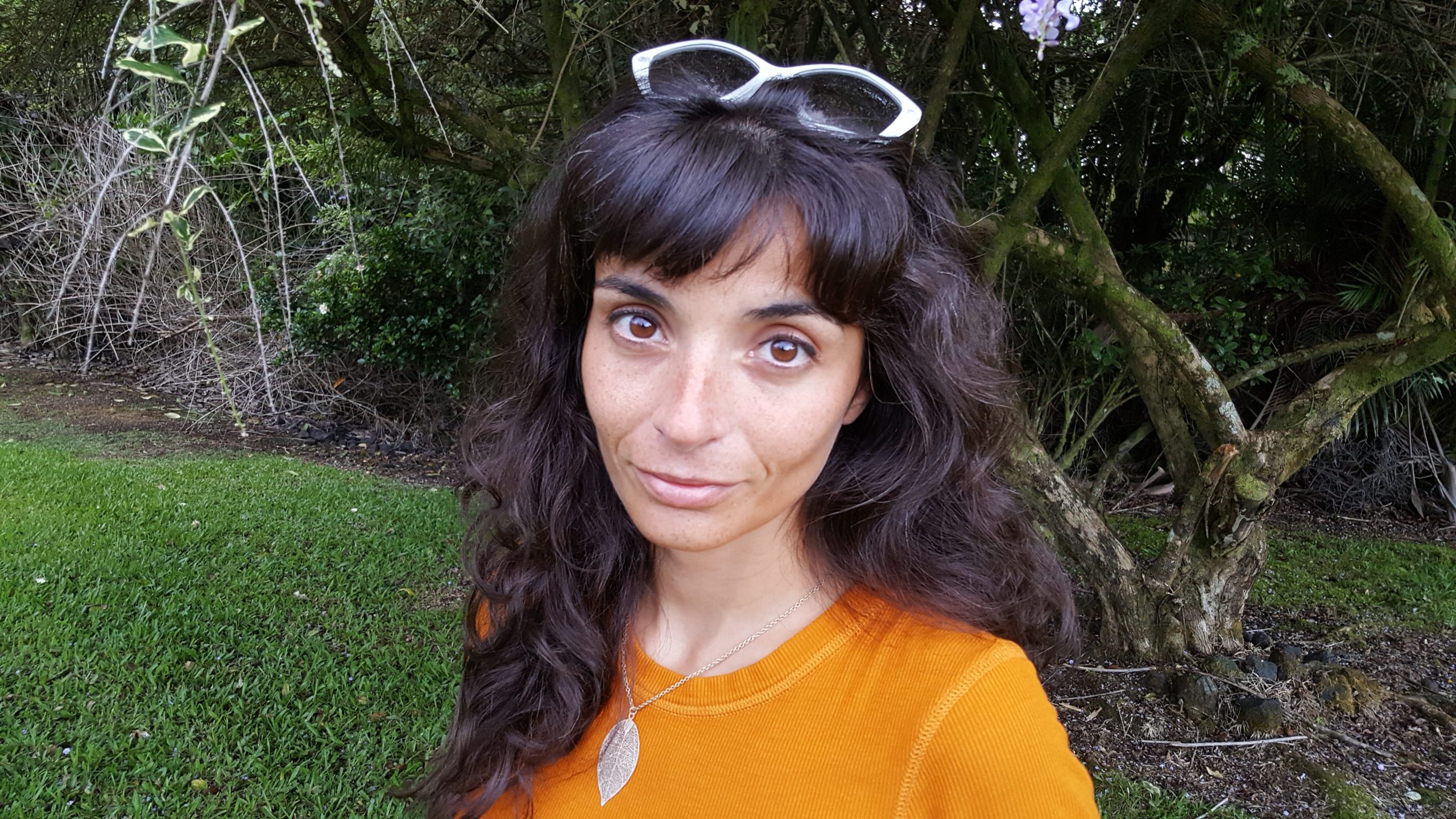
University of Florida, USA
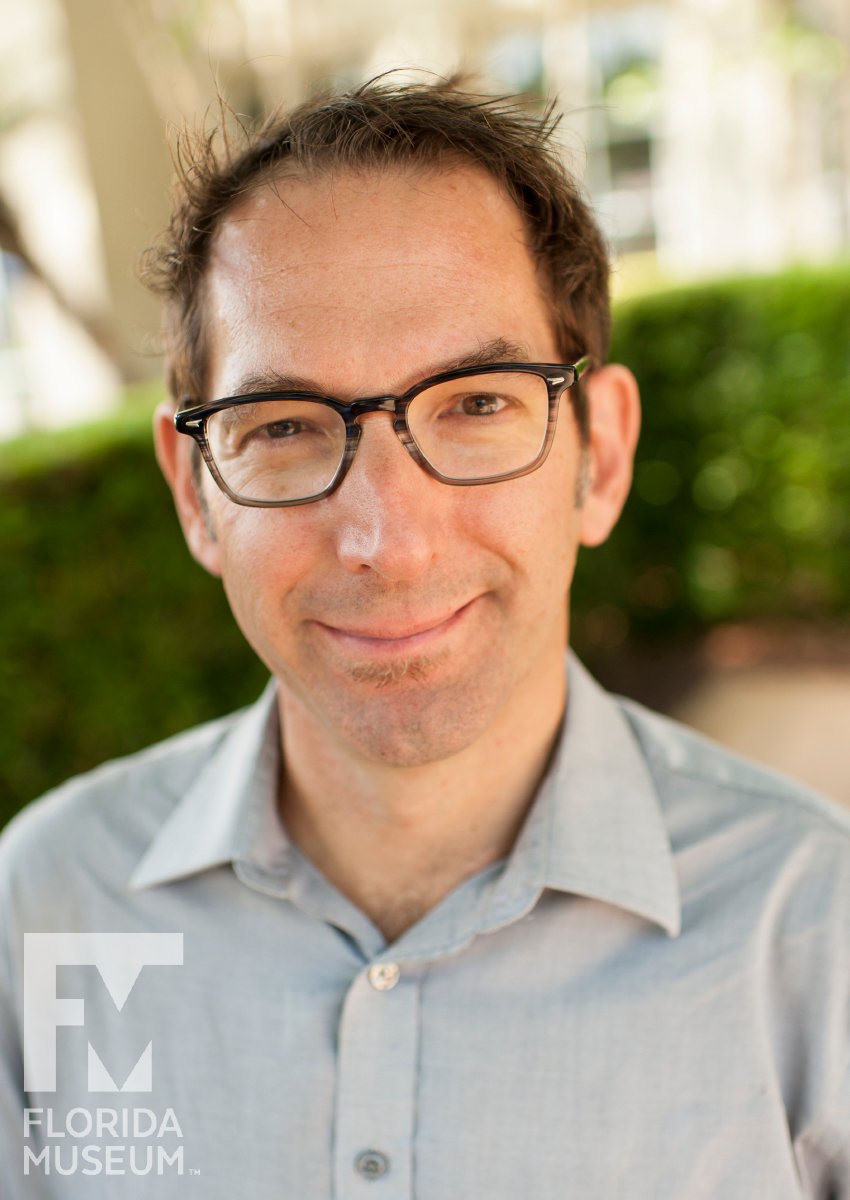
National Oceanic and Atmospheric Administration, USA
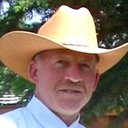
Current efforts include working with internal and external partners to prepare for and respond to climate-related changes in the distribution and abundance of marine species.
University of Aberdeen, Scotland, UK
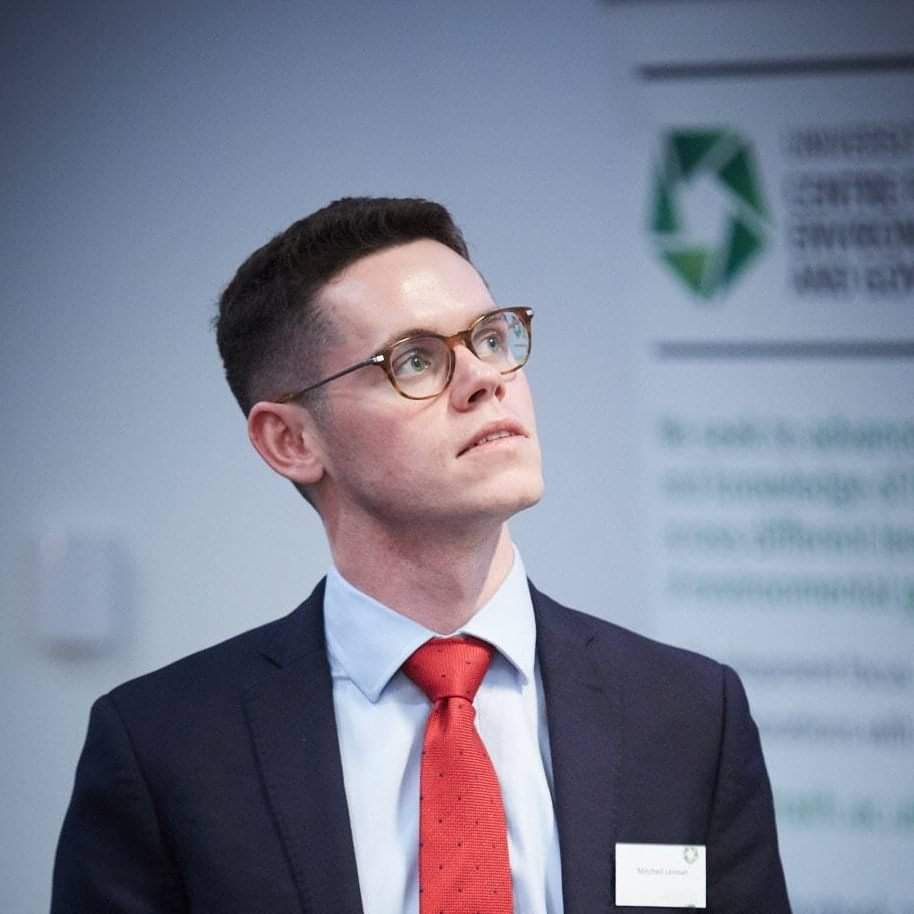
Mitchell has contributed to multiple cutting-edge international legal consultancies for the UK Government, the Food and Agriculture Organization of the United Nations, and the Secretariat for the Convention on Biological Diversity, as well as providing research assistance for the One Ocean Hub and BENELEX projects. Mitchell teaches law of the sea and international environmental law at undergraduate and postgraduate level. Mitchell will commence a Lectureship in Energy and Environment Law at the University of Aberdeen from 1 July 2022.
Université de Picardie Jules Verne, France
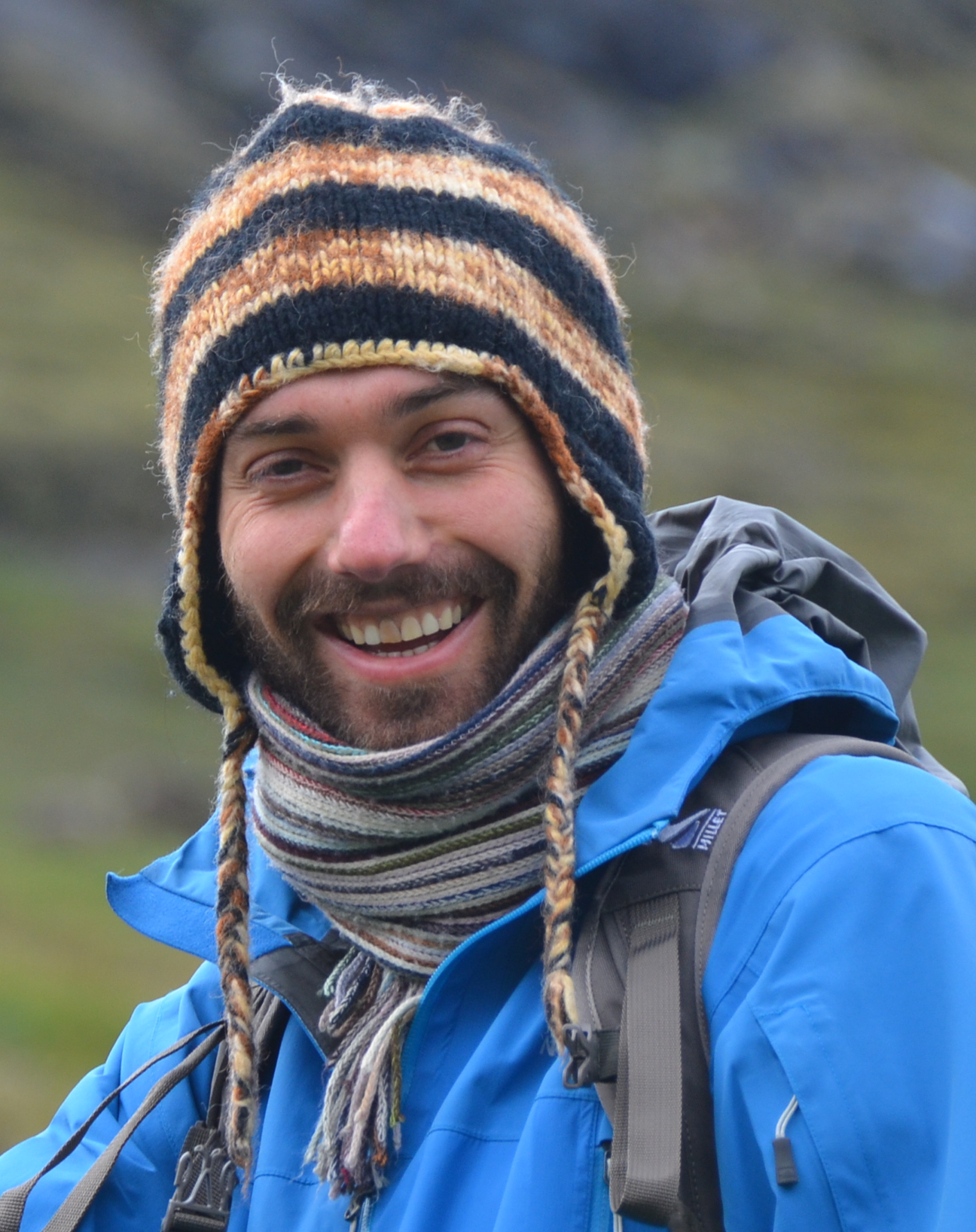
My research interests range from broad-scale and long-term range dynamics (i.e. biodiversity redistribution) under macroclimate change to finer-scale and shorter-term dynamics, such as the contribution of microclimatic processes on species persistence within microrefugia
Rutgers University, USA
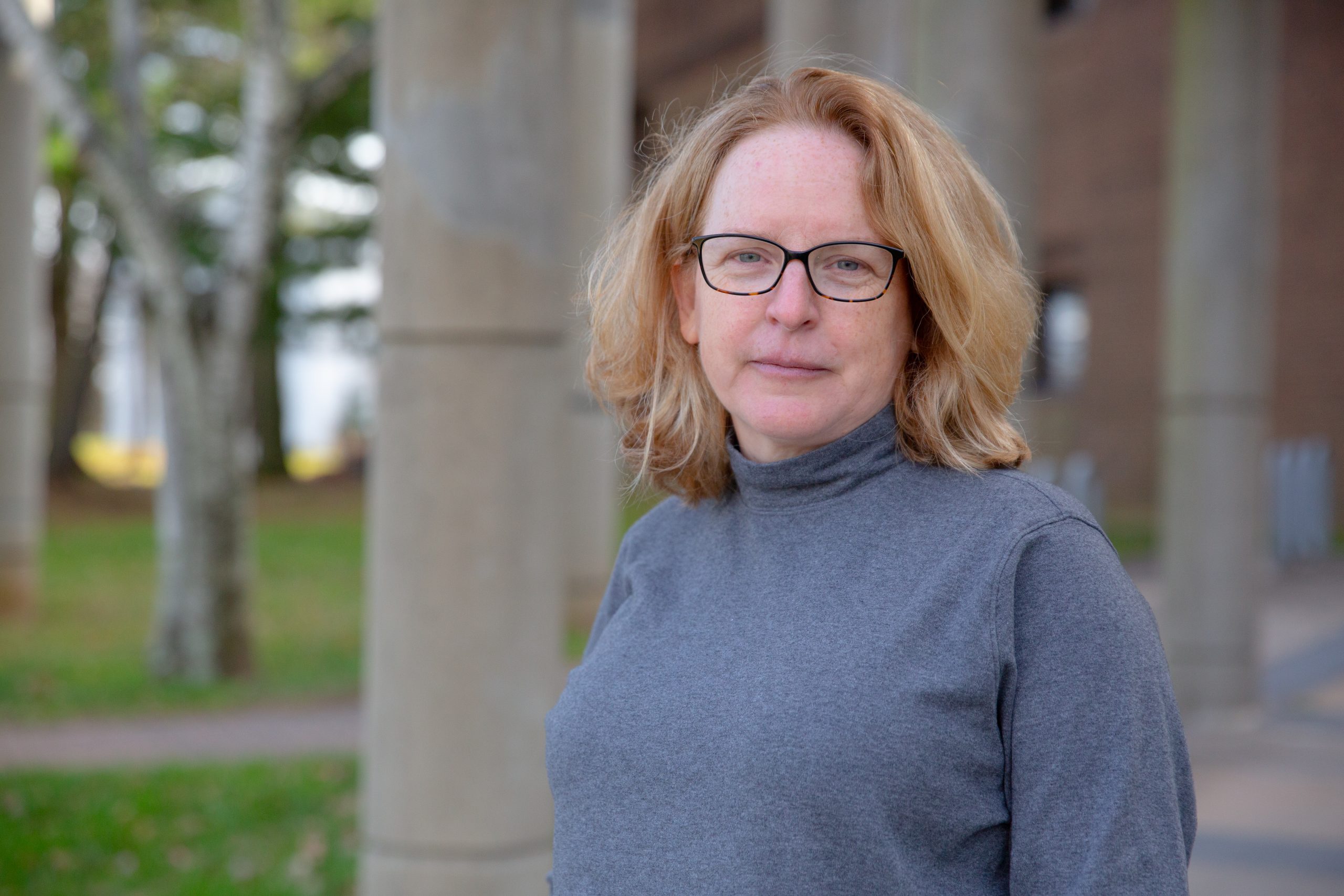
She oversees a research program that encompasses biodiversity conservation, invasion science, and climate change. She is a Fellow of the Ecological Society of America and of the American Association for the Advancement of Science. Beyond publishing research papers, she co-authored Avian Invasions and Invasion Ecology, and co-edited Biotic Homogenization and Coastal Conservation.
Snowchange, Finland
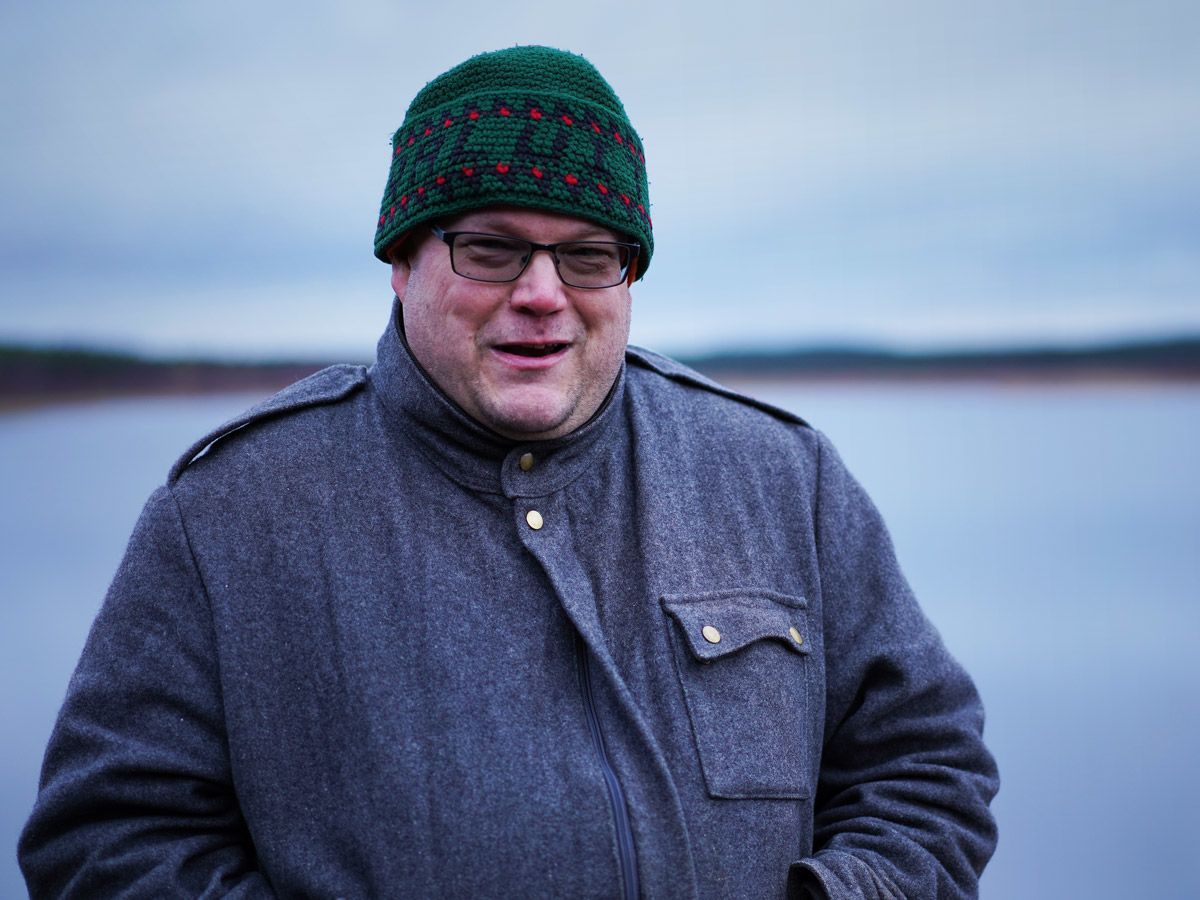
Dr Mustonen is well-known scholar of the Arctic biodiversity, climate change and indigenous issues, having published over a dozen publications on the topics, including the ground-breaking Eastern Sámi Atlas and Snowscapes, Dreamscapes. Dr Mustonen lives in the middle of the last old-growth forest in Selkie with his wife, Kaisu, two goats and 10 chicken without running water. He is a winter seiner. He has won several human rights and environmental awards for the work with Snowchange and indigenous peoples of the Arctic. He is also an adopted full status member of the Kwakwakwala First Nation based in British Columbia, Canada.
University of Concepcion, Chile
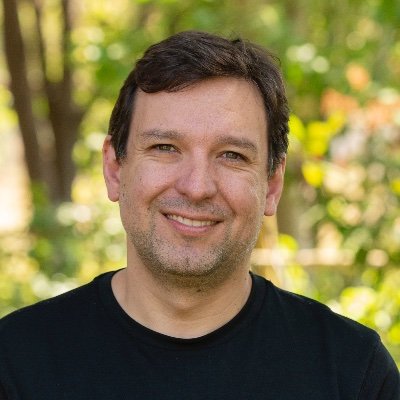
Through the use of multi-scale approach, based in field observations and experiments, he had studied the sinergies that exists betweent global change agents and invasions in mountain’s ecosystems. He is also interested in conservation and natural resources management subjects. Pauchard colaborates in IPBES, Intergovernmental Platfom of Biodiversity and Ecosystem Services, and is, also, Associate Editor in international scientific journals, as the Journal of Applied Ecology and Biological Invasions.
University of Tasmania, Australia
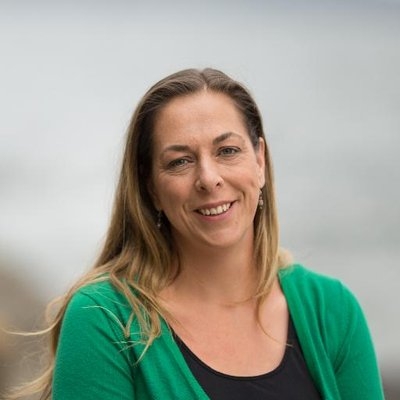
Gretta has been prominent in UN Decade of Ocean Science programmes, actions and working groups, including co-leading Future Seas 2030 and other major international initiatives. She has a strong passion for science communication and engagement with the public. Gretta started the Species on the Move conference series in 2016.
Rutgers University, USA
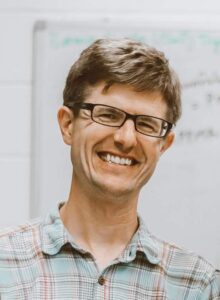
His interests focus on global change ecology and evolution, particularly the consequences of climate change for biodiversity, the genomics of evolutionary rescue, and the implications for conservation design. He is an Earth Leadership Program Fellow and an early career fellow in the Ecological Society of America, and he was named one of Science News’ ten scientists to watch, an Alfred Sloan Fellow in Ocean Sciences, and a Kavli Fellow (National Academy of Sciences).
University of Florida, USA
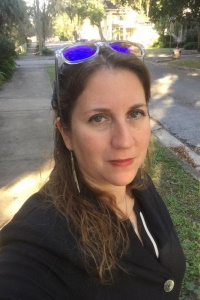
Ryan’s undergrad training is in Ecology and Evolutionary Biology (BA, Princeton), with an emphasis on conservation biology, quantitative ecology, and particularly, disease ecology. Ryan’s PhD work (UC Berkeley) centered on African buffalo spatial ecology in their savanna environment, in the context of an epidemic of Bovine Tuberculosis. Ryan’s postdoctoral work in Anthropological Science (Stanford, McGill), Ecology (NCEAS) and Geography (UCSB), launched her interdisciplinary work looking at the anthropogenic impacts of land use change, climate change, and conservation management goals in African parks landscapes, and the role of socioecological systems in disease transmission in Africa and Latin America.
Ryan’s research is funded through multiple avenues, including CDC, USAID, World Bank, NSF, NIH, and DoD, supporting theoretical to applied research and training, with current focus on climate and socioecological systems impacts on vector-borne disease transmission and management in Africa and the Americas. Ryan’s team currently conducts research investigating the multiscale issues of health on landscapes, and interactions with land use and climate change, livelihoods, sustainability, policy, the urban environment, public health decision-making, and local perceptions. QDEC Lab is home to multiple projects in ecology at the human interface, from Florida to the global tropics.
Durhan University, UK
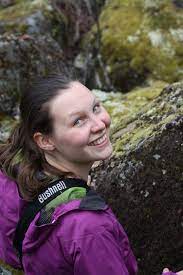
US Fish and Wildlife Service, USA
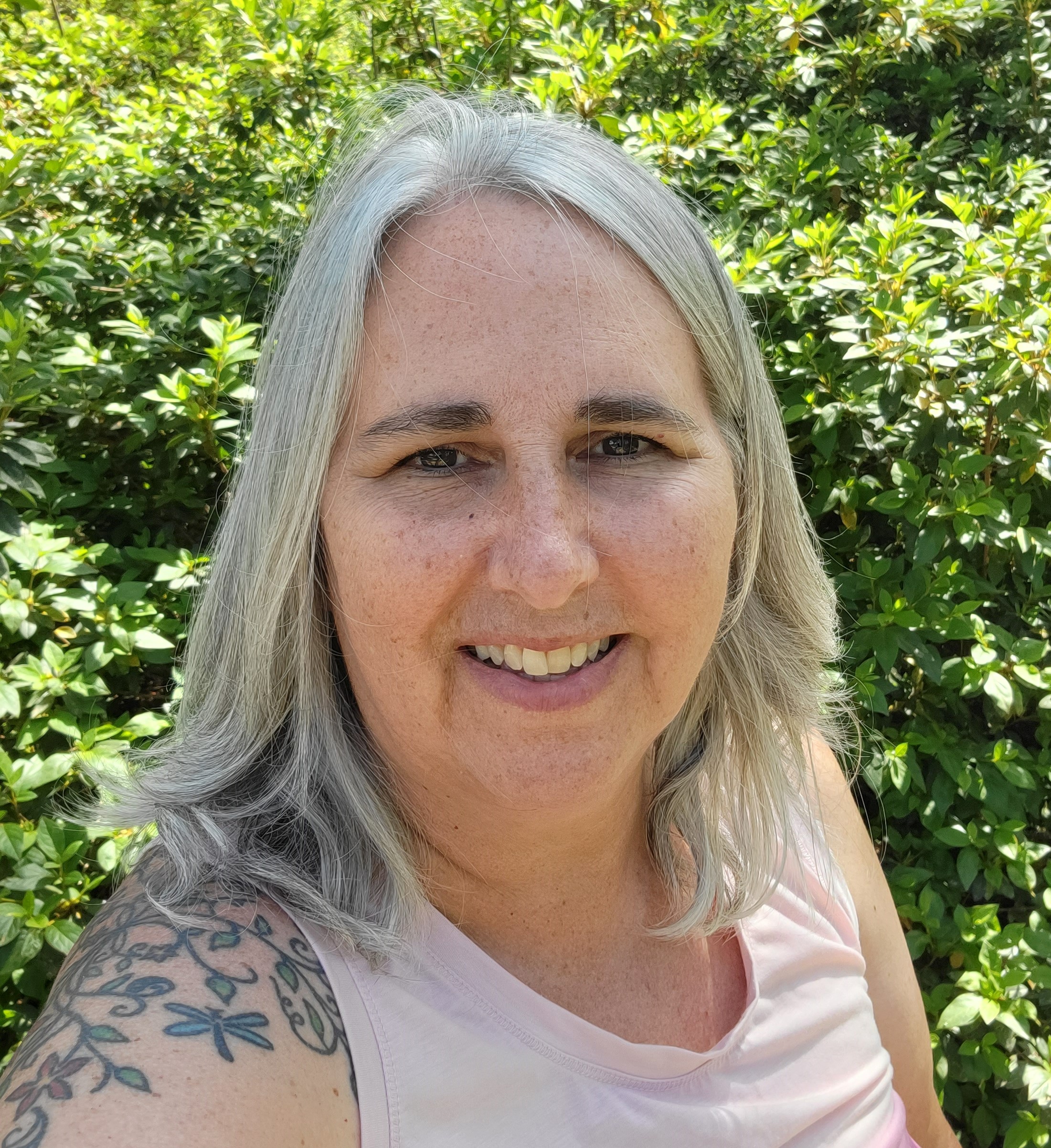
Prior to this, she spent 30 years working for the Florida Fish and Wildlife Conservation Commission (FWC). Her work focused on landscape level conservation planning, species habitat modeling, and climate change. Beth received a B.S. in Wildlife and Fisheries Sciences from Texas A&M University and an M.S. degree in Wildlife and Fisheries Ecology from Mississippi State University.
McGill University, Canada
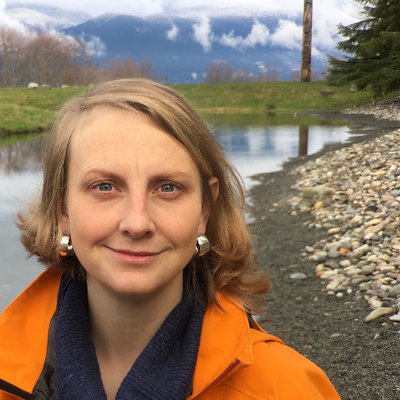
University of California, Los Angeles, USA
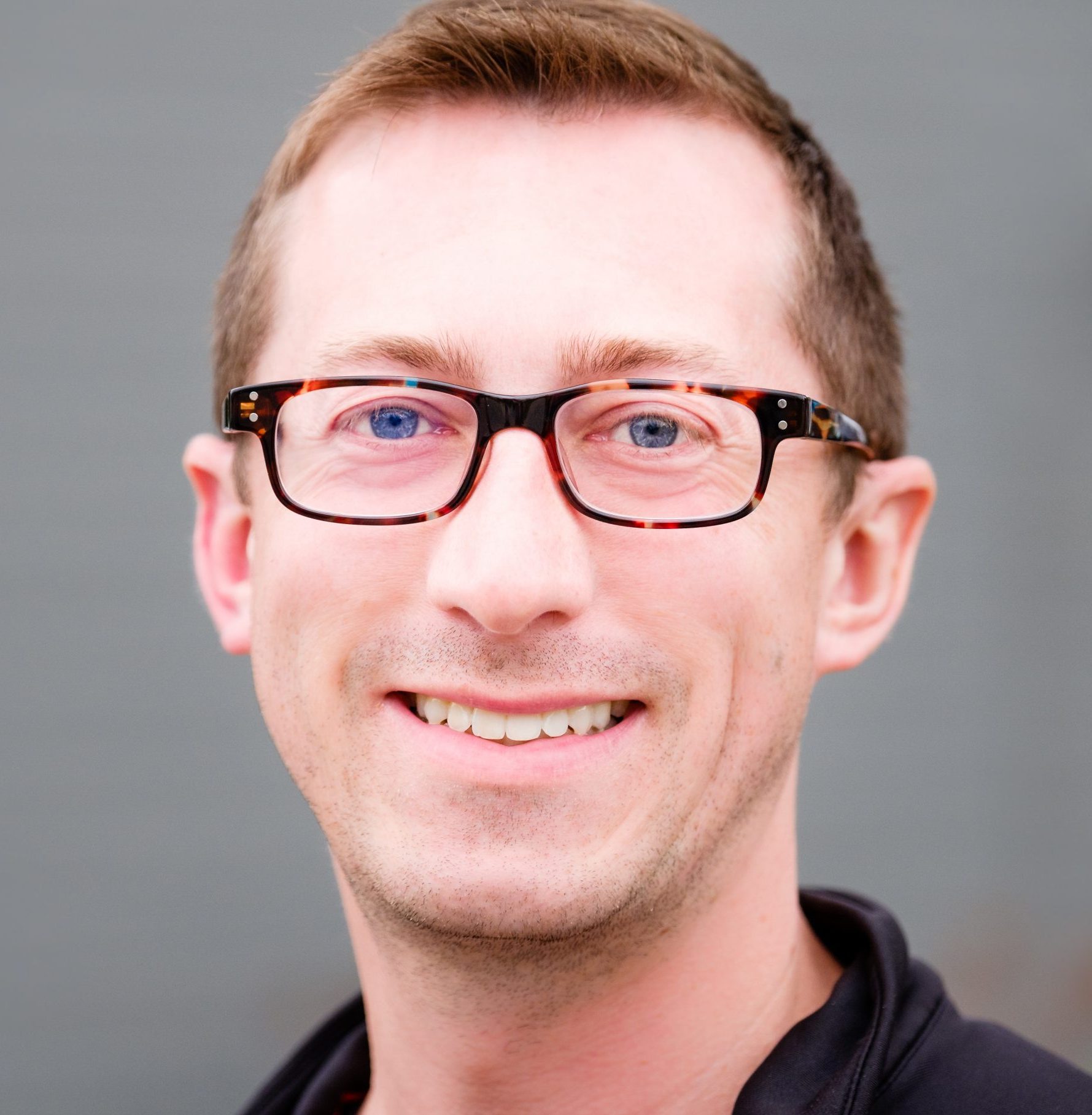
His research combines original field data with biodiversity informatics and Bayesian modeling to understand how large-scale anthropogenic drivers of change affect geographic distributions and community interactions over short to long timespans.
